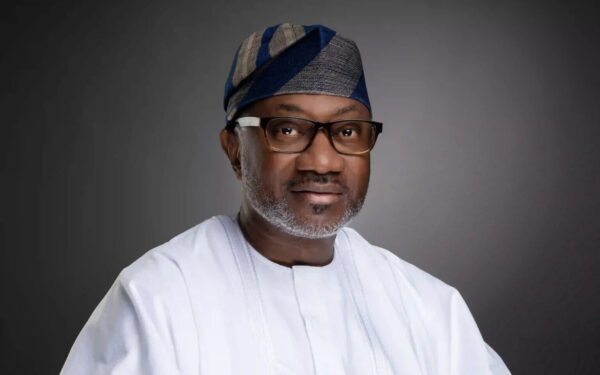By Dominic Hlordzi-General Secretary, Ghana Journalists Association
Akwatia, situated in the Eastern Region of Ghana is famous for its rich history and well-known predominantly for its diamond mining industry, contributing meaningfully to Ghana’s economy. The town offers an exceptional blend of traditional culture and contemporary influences, branding it an enthralling place to visit.
Not too long ago a member of the legislature representing the electorate in Akwatia “crossed not the carpet” but “crossed the great divide”, necessitating a by-election in the area.
On September 2, 2025, Akwatia will not merely host a by-election; it will hold up a mirror to Ghana’s democracy.
In the heat of ballots and queues, amidst whispers of hope and the hum of anticipation, stands the journalist, pen and jotter in hand, mobile phone properly charged, lens in focus, heart in balance. This is not just another assignment; it is a civic pilgrimage. In elections, words and images can calm storms or fan flames and journalists have some commandments developed by the NMC and GJA to religiously adhere to.
It is important to be the messenger, not the message. That is the sacred call. To inform without inflaming. To see without being seen too much. To tell the story without becoming the story.
The Ghana Journalists Association (GJA) and the National Media Commission (NMC) have long given us guidelines inscribed with the ink of hard-won lessons. Let us now walk that path.
The day begins with introductions. At every polling station, a journalist steps forward, not as a stranger, but as a steward of transparency. “Good morning. My name is Dominic from GJA. Here is my accreditation.” With a nod, a hand extended, a badge shown, the gates of trust are opened. Security officers stand alert, officials shuffle papers, voters wait in line and the journalist finds a place, respectful but present.
To forget this ritual is to invite suspicion. To remember it is to weave oneself quietly into the fabric of the process.
In the frenzy of claims and counterclaims, truth can be slippery. A rumour travels faster than a presiding officer’s announcement. A viral video tempts the careless finger to share. But the disciplined journalist pauses cross cross-checks, verifies, and attributes. “This is what we know; this is how we know it; this is what remains unclear.” Such humility is not weakness but the highest form of strength.
Every candidate deserves a voice; every voter a reflection. Balance is not an arithmetic of minutes and inches alone, but of spirit. Do not amplify the loudest at the expense of the silenced. Seek the voices of women in the queue, the elderly leaning on sticks and the young man voting for the first time. In their words lies the heartbeat of Akwatia.
Avoid the rhetoric of fire and fury. When tensions rise, write with care, for adjectives can be tinder. Let facts lead, let context steady, let compassion guide.
From dawn’s first light to the counting under solar lamps, that is if there is dumsor, the reporter traces the arc of democracy’s ritual. The sealing of ballot boxes-the solemn moment. The casting of votes-the quiet dignity. The disputes-the inevitable tests of patience. The counting- the slow unveiling of choice.
At this juncture, discipline is the shield. No leaning too close to the ballot. No shouting results before they are sung officially by the Electoral Commission. Record, observe, describe but let the law crown the numbers.
The reporter is not a warrior, but a witness. When tempers flare, step back. When the crowd surges, find distance. When an officer commands, comply first, contest later. Neutral colours, not party flags, should be your garment. A charged phone, a contact list, water and patience should be your armour. For the nation needs you alive, composed and ready for the next line of duty.
Behind every field reporter must stand an editor, equipped with resources, ready with legal support, steady with guidance. Accreditation secured, transport provided, training offered: these are not luxuries, but necessities. For no journalist should face intimidation alone. Media houses bear the duty of care, so their reporters may bear the duty of truth.
As the night falls and the pink sheets are posted on walls, journalists will jot down figures and frame their words carefully: “Provisional, awaiting certification.” They must resist the urge to declare kings before the referee has blown the final whistle. They will remember that their craft is not theatre but testimony.
And when the last ballot is counted, their greatest achievement will not be trending headlines or viral clips. It will be the quiet assurance that they helped the people to see themselves clearly, calmly, truthfully.
For in the end, the journalist’s role is simple yet profound: to bring the news to the people, never to become the news themselves.
Do us proud.
The post Guardians of democracy: The media’s responsibility in the Akwatia by-election appeared first on The Herald ghana.


